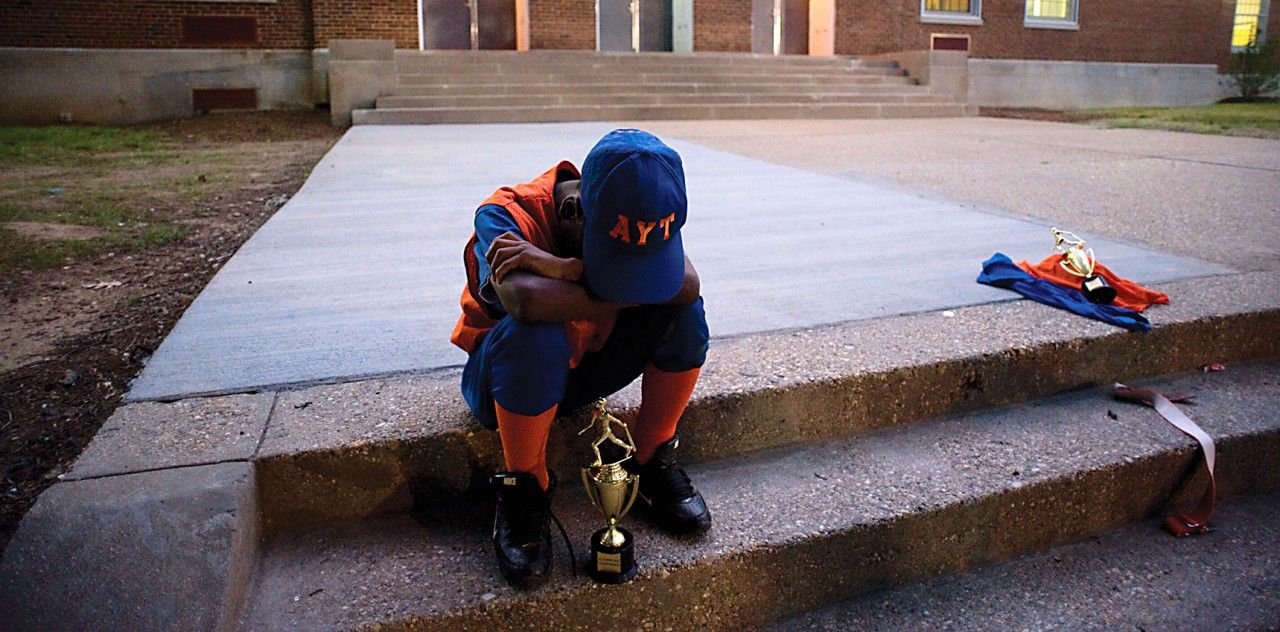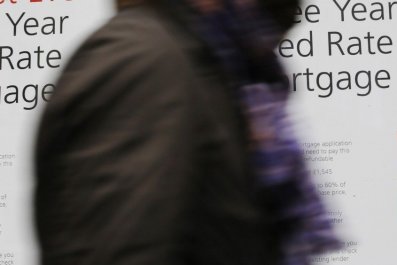The most controversial topics in professional sports may be doping and concussions, but in youth sports, no two words are more inflammatory than "participation trophy," those "awards" given to kids just for showing up, regardless of how well they played.
Parents who believe "it's the thought that counts" are often the ones who tell their kids "it's not whether you win or lose, it's how you play the game." Winning isn't everything. At least you tried your best. You're always a winner in my book.
Then there are the other parents - the ones screaming at the coach to "just put the best five kids on the court, damn it!" For them, "it's only a game" is for losers.
At the heart of this controversy is a simple choice: Many parents want their children to grow up blind to failure, hearing only positive reinforcement, even for misshapen art projects. They fear that acknowledging any mediocrity could emotionally scar a child for life.
But a new trio of studies from Utrecht University in the Netherlands and Ohio State University suggest that this strategy can backfire. They also suggest that parents often dole out inflated praise to the children most likely to be hurt by it. "If you tell a child with low self-esteem that they did incredibly well, they may think they always need to do incredibly well," Eddie Brummelman, lead author of the studies and a doctoral candidate at Utrecht University's department of psychology, said in a statement. "They may worry about meeting those high standards and decide not to take on any new challenges."
Brummelman and his fellow researchers devised three experiments. The first found that children with low self-esteem typically receive twice as much inflated praise as children with high self-esteem. Inflated praise is the difference between "Job well done!" and "You did an incredibly good job!" That adverb, that small boost, can turn a minor success into an expectation that ends up crushing a kid who doesn't believe in himself.
The second study enlisted the help of parents. The children completed 12 timed math exercises, which their parents then scored. Brummelman and his colleagues watched for any instance in which the parents administered inflated praise - a "You're so incredible!" or a "Fantastic!" - or opted for a simple, "Good job" or "Nice work." Correlating the kids' scores with earlier assessments of self-esteem, the team found that children with lower self-esteem received more inflated praise.
Don't start slagging supportive parents, though. Co-researcher Brad Bushman, a professor of communication and psychology at Ohio State, says their logic is impeccable: Kids who feel bad about their abilities tend to have very negative responses to poor performance, so the observant parent intervenes with a few supportive words. Problem solved, right?
"Parents seemed to think that the children with low self-esteem needed to get extra praise to make them feel better," said Bushman. "It's understandable why adults would do that, but we found in another experiment that this inflated praise can backfire in these children." Okay, problem not solved.
The team's third study took the praise administered in the second study and extended it to future performance. Children were asked to recreate van Gogh's Wild Roses (to the best of their ability) and were told the final drawing would be critiqued by a professional painter. The critic either gave the children inflated praise, noninflated praise, or no praise at all. Then they did a second drawing. This time they had a choice: Would they rather copy an easy drawing or take on a more difficult piece?
To the chagrin of participation-trophy-pushing parents in the group, the children with lower self-esteems chose the undemanding piece. They took the safe route. The high self-esteem kids were actually more likely to seek out the challenge after receiving inflated praise.
This makes for a difficult call as a parent. "Inflated praise causes children with low self-esteem to avoid challenges but causes children with high self-esteem to seek out challenges," Bushman explained, adding that parents whose kids have low self-esteem may do well to consider a less billowy approach when evaluating a child's performance. Protecting feelings in the short-term may only makes a kid better at coping with failure, not overcoming it, in the long-term.
"It goes against what many people may believe would be most helpful," Bushman said. "But it really isn't helpful to give inflated praise to children who already feel bad about themselves."
























